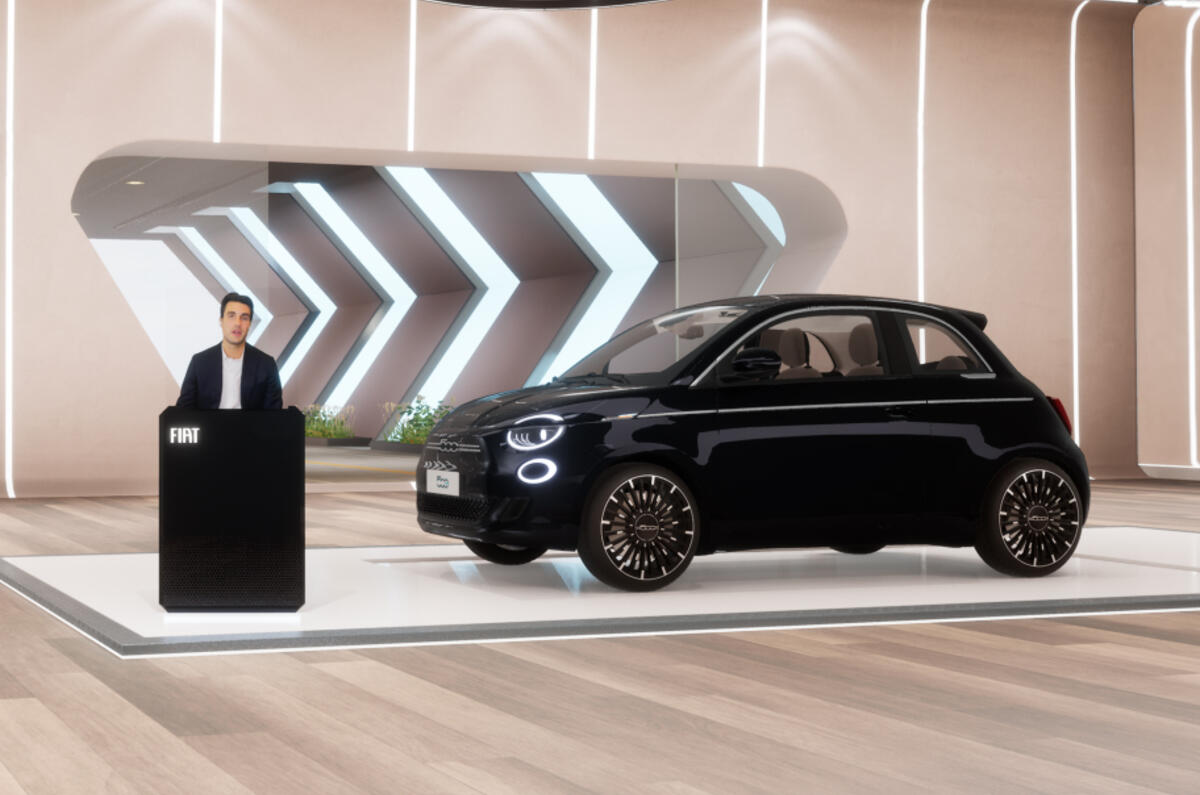Back in 2016, then Ford boss Mark Fields stood up at the Detroit motor show and said Ford was going to “go from an auto company to an auto and mobility company”.
While the car sales industry was worth $2.3 trillion a year, said Fields, transportation services around mobility (ride-sharing apps etc) were worth $5.4tn. In one of several interactions with Fields around that show, I recall his inability to properly articulate the plan but how he made it seem a given that Ford would get there.




Add your comment